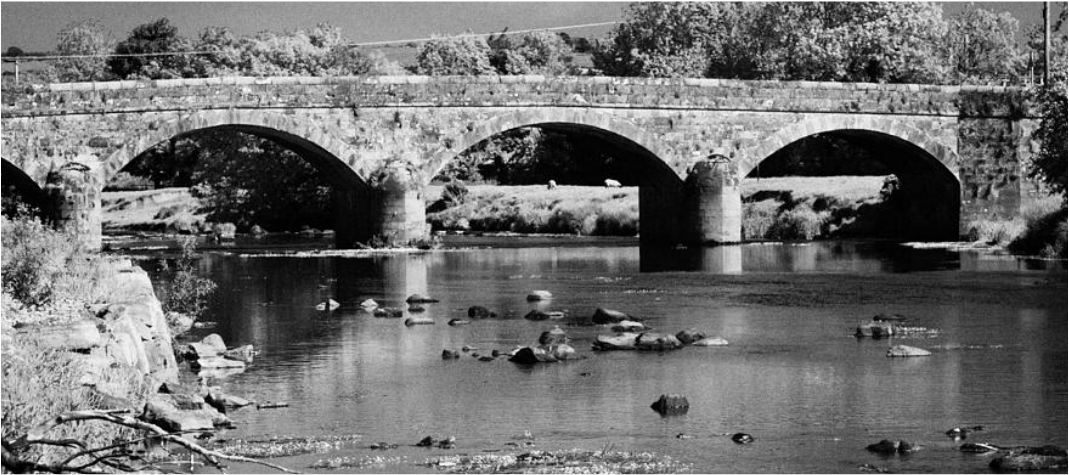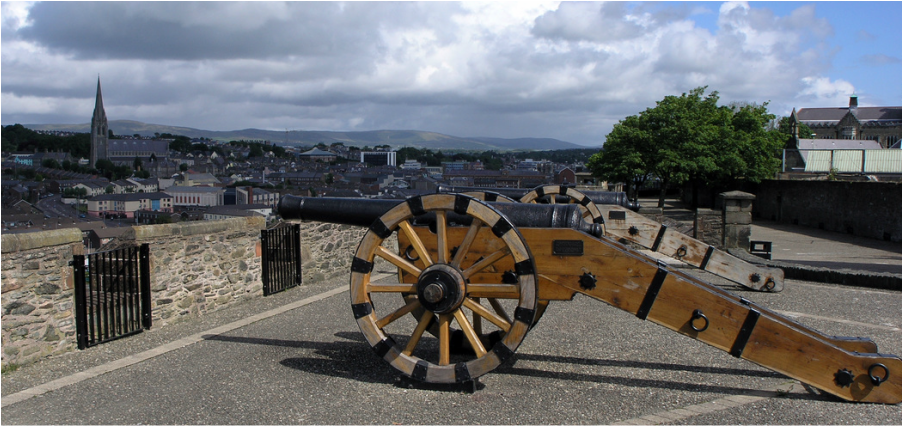The Background of The Woods
The Girls
The five O'Neill girls had a life that was so much better in so many ways than the lives of their neighbors' children. Daughters of well-to-do parents, they had gone off to boarding school and university when their classmates in elementary school were being apprenticed or hired out as servants. It was a privileged life.
The girls, being good students and quite clever, might have followed conventional paths in career and family life and enjoyed conventional success had fate not intervened. The sudden death of their youngest sister - on whom they all doted - had a drastic effect on each of the girls. They were no longer satisfied with life as laid out for them by their education and family - the quiet conventional middle-class life. It was a time of change and revolt that matched perfectly the urgency felt by the O'Neill girls.
This was the "Roarin' Twenties" - the height of the Jazz Age. It was the era of The Charleston and The Bunny Hop and in Paris the latest wave of artistic flowering. People were questioning their parent's values and moral constraints.
Young idealistic men and women were excited by the new Soviet experiment - going to Russia to join the Worker's Movement became the thing to do in some quarters.
Back in Northern Ireland, young Nationalists had not given up hope of independence from England. Some carried on the fight by conducting Sinn Fein (Our Selves) courts of law and encouraging like-minded to bring their disputes there rather than before a magistrate appointed by England's king.
The Honorable James O'Neill, J.P.
Being a Justice of the Peace in Northern Ireland in those years after the Irish Civil War was not easy. It was particularly difficult if you are married into a large and powerful family of out-and-out Nationalists.
The Civil War had been fought over a treaty conceding six northern counties of the island to the United Kingdom while the remaining twenty six counties declared its independence from the Crown - a Free State
The establishment of the state of Northern Ireland did not go down well - to put it mildly - with the northern Nationalists who found themselves cut off from (and by) those alongside whom they had fought for Irish independence.
James O'Neill, JP was a man faced with such a problem.


